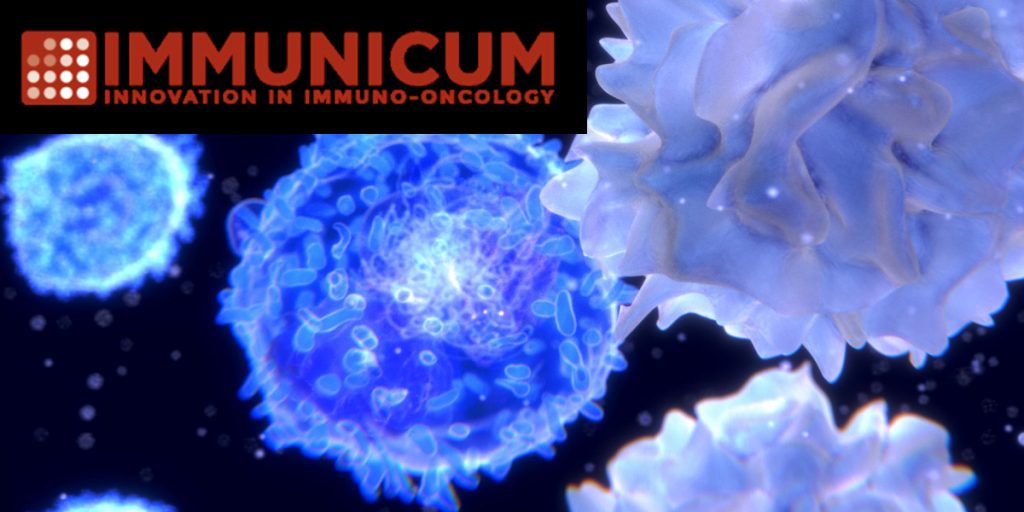-
Immunicum AB has received an FDA RMAT for Ilixadencel, its allogeneic dendritic cell immunotherapy for the treatment of metastatic renal cell carcinoma (mRCC).
-
Ilixadencel is the 43rd FDA RMAT to be announced.
Immunicum AB (publ; IMMU.ST) has received and FDA Regenerative Medicine Advanced Therapy (RMAT) designation for the Company’s lead product candidate, ilixadencel, a cell-based, off-the-shelf immune primer for the treatment of metastatic Renal Cell Carcinoma (mRCC). The FDA’s decision was made based on the previously communicated results from the Phase II MERECA clinical trial that evaluated the safety and efficacy of ilixadencel in combination with Sutent® (sunitinib) in patients with newly diagnosed mRCC.
Advantages of the RMAT designation include all the benefits of the Fast Track and Breakthrough Therapy Designation programs including guidance and early interactions with the FDA to discuss potential surrogate or intermediate endpoints to support accelerated approval as well as potential ways to satisfy post-approval requirements.
“We are very excited to have received the RMAT designation for ilixadencel in kidney cancer as it recognizes both the potential of our novel therapeutic approach as well as the clear need for viable therapies to address this difficult-to treat disease. As a designation similar to the FDA’s Breakthrough Therapy Designation, we will now also have the opportunity to receive direct guidance from the FDA which will inform key development decisions and ultimately bring us closer to delivering ilixadencel to patients in need,” commented Alex Karlsson-Parra, CEO of Immunicum.
Established in 2017 under the 21st Century Cures Act in the United States, RMAT designation is an expedited program designed to facilitate the development and review of regenerative medicine therapies intended to address an unmet medical need in patients with serious conditions. An investigational regenerative medicine therapy (e.g. cell or gene therapy) is eligible for RMAT designation if it is intended to treat, modify, reverse or cure a serious condition and preliminary clinical evidence indicates that the drug or therapy has the potential to address unmet medical needs for such a disease or condition. As a cell therapy medicinal product, ilixadencel falls within the definition of a regenerative medicine therapy.
The latest results of the Phase II MERECA trial were presented in February at the ASCO-SITC Clinical Immuno-Oncology Symposium 2020 in Orlando, Florida. As of December 2019, the patient follow up data indicates a separation in Kaplan-Meier survival curves in favor of the ilixadencel treatment group in line with the projected separation based on the data from July 2019. The median OS value could not be calculated yet in either group as the data is not mature. The confirmed ORR for the ilixadencel treatment group was 42.2% (19/45) versus 24.0% (6/25) for the sunitinib control group.
About renal cell cancer / carcinoma
There are approximately 273,000 new cases of Renal Cell Cancer diagnosed worldwide each year, representing approximately two percent of all cancers. The therapeutic effect of existing treatments, called targeted therapies, is often of short duration, with limited survival gain. With no alternatives to these therapies, there exists a relatively large unsatisfied medical need for new treatments that are effective, more cost-efficient and have less unwanted side effects.
About Ilixadencel
Ilixadencel is an off-the-shelf cell-based cancer immunotherapy developed for the treatment of solid tumors. Its active ingredient is activated allogeneic dendritic cells, derived from healthy blood donors. Injection of these cells in the patient’s tumor generates an inflammatory response which in turns leads to tumor-specific activation of the patient’s cytotoxic T cells.
To-date ilixadencel has been tested in a range of clinical trials in various solid tumor indications including metastatic Renal Cell Carcinoma (mRCC), hepatocellular carcinoma (HCC) and gastrointestinal stromal tumors (GIST) and in combination with several standard-of-care cancer therapies such as the tyrosine kinase inhibitors Sutent® (sunitinib) and Stivarga® (regorafenib), and the checkpoint inhibitor Keytruda® (pembrolizumab). Ilixadencel has consistently maintained a positive safety and tolerability profile and demonstrated initial signs of efficacy as seen in the randomized Phase II MERECA trial. Ilixadencel is currently moving towards late-stage clinical development.
Source: Immunicum AB
